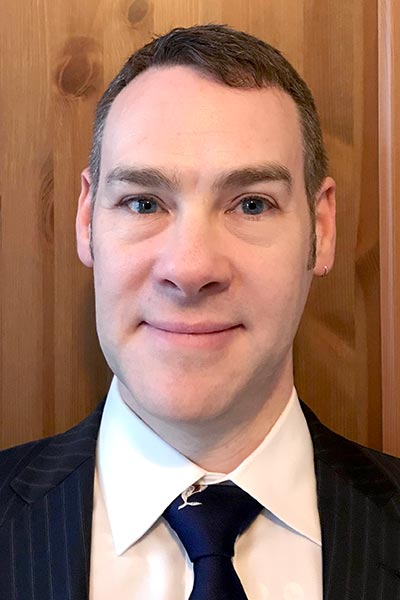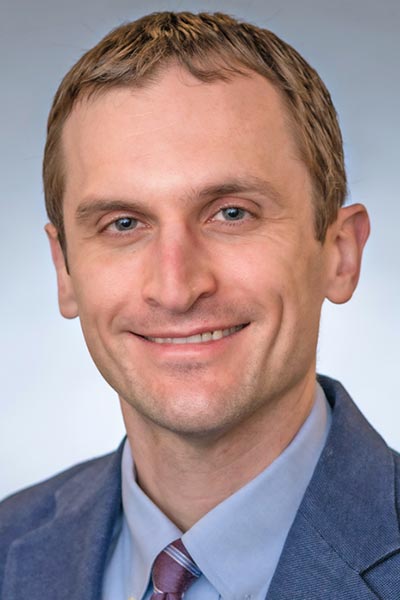AACR Project GENIE, celebrating 10th year, showcases successes and potential
In 2025, the American Association for Cancer Research (AACR) will celebrate 10 years of public operation of its Genomics Evidence Neoplasia Information Exchange (Project GENIE®), a publicly accessible registry of real-world, clinico-genomic data from 20 cancer centers worldwide. Project GENIE programming at the AACR Annual Meeting 2025 will feature the latest insights into how researchers are using the platform to advance scientific discovery.
By 2014, targeted therapies had transformed the treatment landscape for certain cancers driven by common genetic alterations, including BCR-ABL fusions in chronic myelogenous leukemia, HER2 overexpression in breast cancer, and EGFR activation in lung cancer. It was becoming clear that targeted therapies might benefit patients with less common genetic variants, but sorting out true cancer drivers from background noise would require massive statistical power. It was estimated at the time that identifying recurrent mutations with a 1% prevalence in a patient population with a particular cancer would require the genetic sequencing of around 5,000 such patients.

“If you do the math, most institutions don’t see that kind of patient volume,” said Shawn M. Sweeney, PhD, senior director of the AACR Project GENIE Coordinating Center. “It was clear that the fastest way to get the data we needed was to start sharing data.”
Eight institutions contributed their data to the first public release of AACR Project GENIE, which included sequencing results from around 18,000 patients. Since then, the number of participating institutions has grown to 20 cancer centers worldwide, contributing more than 200,000 total samples. New releases every six months add additional sequencing data from existing partner institutions. Further, the continued introduction of new partner institutions ensures a more comprehensive dataset that accounts for varied populations across the globe.
As of December 2024, around 1,500 papers had cited AACR Project GENIE. The data has been used to support both basic and clinical research, including the accelerated approval of sotorasib (Lumakras), the first KRAS-targeting therapeutic to be approved by the U.S. Food and Drug Administration (FDA).
“In the last few years, we’ve seen a pivot where people are using the data to generate hypotheses that lead to more translational studies,” Sweeney said.
How can researchers take advantage of AACR Project GENIE resources? Each year, the AACR hosts a Methods Workshop at the Annual Meeting that serves as a crash course for scientists new to the database as well as a demonstration of more intricate ways to analyze the information. Experts in this year’s workshop will discuss ways to leverage metadata to analyze information in new ways and how to train machine learning algorithms using GENIE data. Another talk will expand on a topic presented in last year’s Methods Workshop about using the breadth of the data to analyze mutational signatures.

The Annual Meeting will also feature both a Minisymposium and a Poster Session that will showcase scientific advances being made using AACR Project GENIE data. The Minisymposium will highlight research predicting patient outcomes by examining the loss of heterozygosity in human leukocyte antigen (HLA) genes and by using a large language model to find patterns in somatic mutations. Experts will demonstrate how they’ve used the database to understand metaplastic breast cancer, early-onset colorectal cancer, and cervical cancer. One study will focus on how the database helped uncover a mechanism by which a pair of oncogenic mutations support a vicious cycle of lung cancer growth.
“AACR Project GENIE is the only cancer dataset of its size, and it represents a unique resource with which to explore interactions between clinical characteristics, biomarkers, and outcomes, even for rare cancer types or biomarker-defined subgroups,” said Kenneth L. Kehl, MD, MPH, from Dana-Farber Cancer Institute, the current chair of AACR Project GENIE.
For the most up-to-date information on session dates, times, and locations, check the Annual Meeting App and Online Itinerary Planner. Some sessions will be recorded and available on-demand via the virtual meeting platform through October 2025.
MW08: Utilizing AACR Project GENIE Real-world Clinico-genomic Data
Saturday, April 26, 8-9:30 a.m. CT
Room S106, McCormick Place South (Level 1)
Session Chair: Shawn M. Sweeney, PhD, AACR
This session will outline various AACR Project GENIE assets and demonstrate the utility of the data through use cases that also illustrate how to use the data and combine it with other available datasets.
MS.MD01.01: Advancing Cancer Research Through an International Cancer Registry: AACR Project GENIE Use Cases
Monday, April 28, 2:30-4:30 p.m. CT
Room E350, McCormick Lakeside Center (Level 3)
Session Chair: Kenneth L. Kehl, MD, MPH, Dana-Farber Cancer Institute
This Minisymposium will feature cutting-edge studies using AACR Project GENIE to solve complex problems in the field of cancer research. Researchers will discuss how they’ve used the platform to uncover new mechanisms, train artificial intelligence algorithms, and improve their understanding of rare cancer types.
PO.MD01.01: AACR Project GENIE Use Cases
Sunday, April 27, 2-5 p.m. CT
South Hall A1-2, McCormick Place Convention Center, Poster Section 48
This poster session will highlight 19 studies that used AACR Project GENIE to develop new artificial intelligence models, assemble comprehensive molecular and genomic profiles of various cancer types, explore the biology and potential targeting of mutated p53, and more.
Follow Along with the AACR Annual Meeting 2025
Keep up with the latest from the AACR Annual Meeting 2025, whether you are attending in person or virtually. Join the conversation on social media using the hashtag #AACR25 and read more coverage of upcoming sessions in AACR Annual Meeting News.

